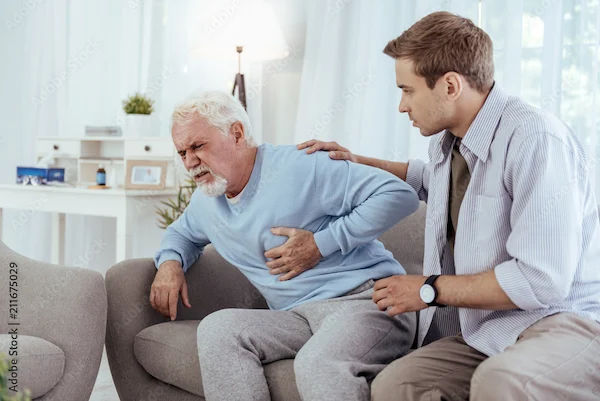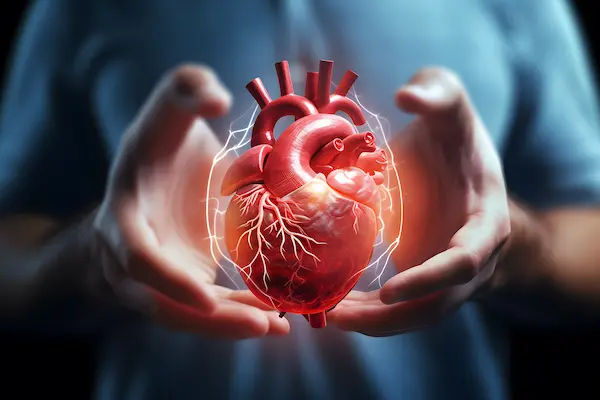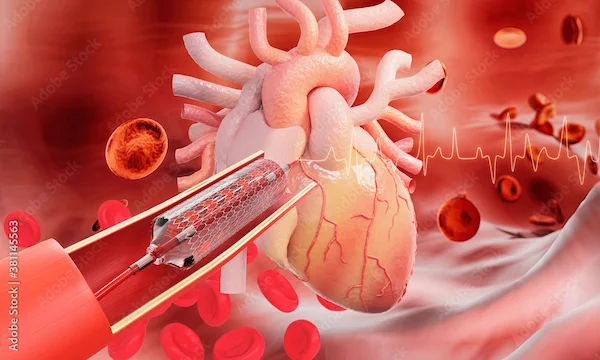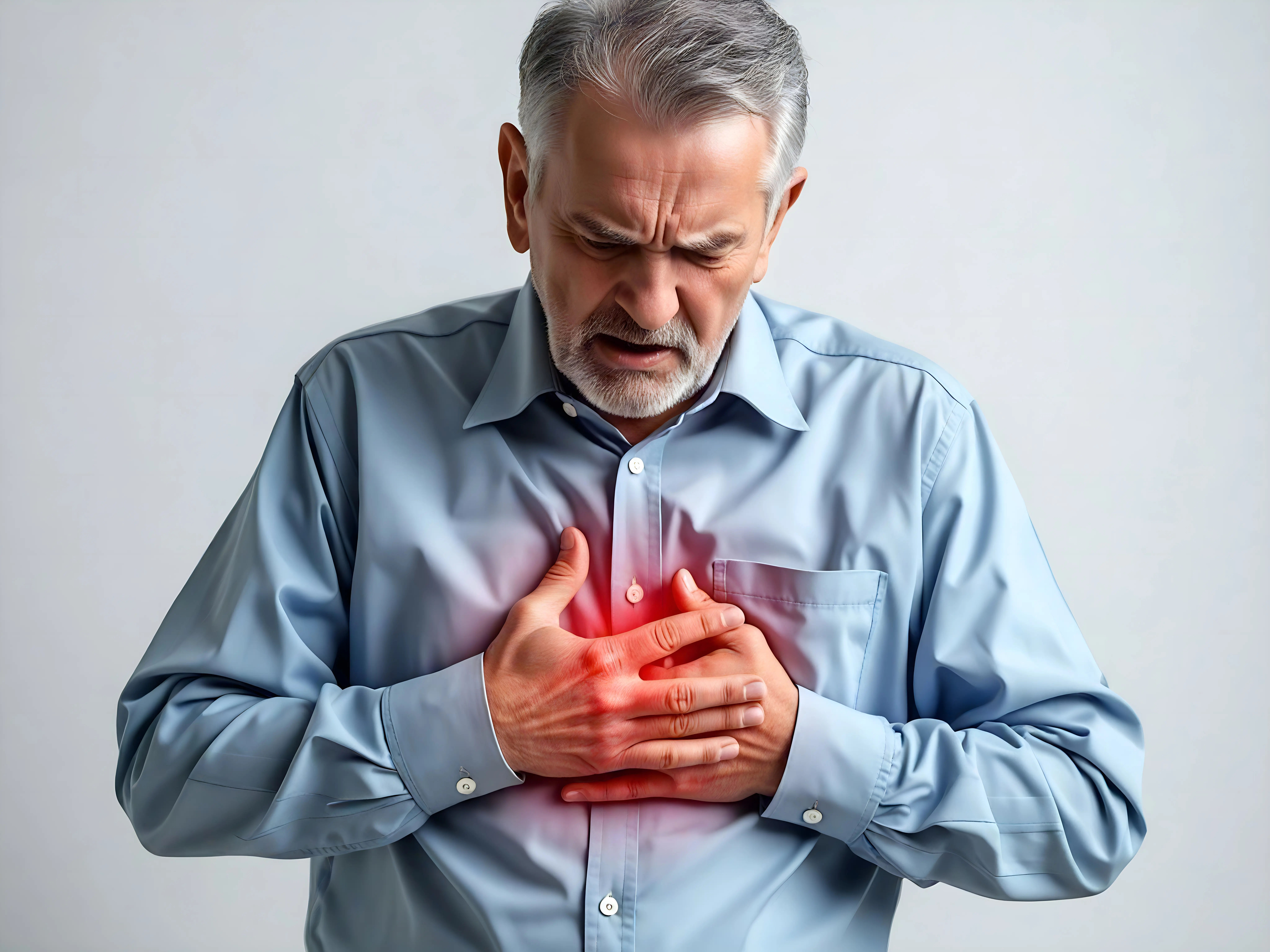- Male
- 42 Years
- 29/01/2025
I'm a bit concerned about some of my recent health numbers and would love some insight. My creatinine level came back at 0.66, my HbA1c is 6.3, and my triglycerides are at 208. Also, my LDL is 100.40. On top of that, I'm dealing with blood pressure issues. Can you help me understand what these numbers mean for my overall health and if there's anything specific I should be doing or watching out for?
Answered by 1 Apollo Doctors
Your creatinine level is within normal range. Your HbA1c level is slightly elevated, indicating borderline diabetes control. Your triglyceride level is high, and your LDL cholesterol level is also elevated. For your blood pressure problems, you can start taking a combination medication like Telmisartan 40mg + Amlodipine 5mg once daily to help control your blood pressure. Additionally, you can take Atorvastatin 20mg at night to help lower your LDL cholesterol level. It is also important to make lifestyle changes such as following a healthy diet, exercising regularly, and avoiding smoking and excessive alcohol consumption to improve your overall health.
Dr. Anshul Suggests...
Consult a Cardiologist
Answered 04/07/2025
0
0

More Cardiology Health Queries
View allI'm really worried about my mother-in-law. She's 65 and her blood pressure's at 18290. She's had a light headache and even vomited once. I'm wondering if these could be signs of a minor heart attack or if it's just the high blood pressure causing these issues. She's been taking Telma 20 for the high blood pressure and Vertigon D for vomiting. Could you help me understand what's going on?
definitely there could be some neurological deficit get a CT brain doen and visit Physicina for apprpriate management
Answered by 1 Apollo Doctors
I'm a bit concerned because my LDL levels are slightly high. I've attached my recent lab results for you to review. Could you please advise on what steps I should take? Is medication necessary in this case?
Hi Sir, if your LDL levels are slightly high, you can consider taking Atorvastatin (brand name Lipitor) at a dosage of 10-20 mg once daily. However, it is important to consult with your healthcare provider before starting any medication. Regular exercise and a healthy diet low in saturated fats can also help in managing LDL levels.
Answered by 1 Apollo Doctors
My body's been acting up ever since I tried using minoxidilI started feeling heart palpitations and headaches, so I had to stop. I got an ECG done, and it showed 99 bpm, which my doctor said is sinus tachycardia. To manage it, I've been taking a beta blocker called Metoprolol, 25 mg split between morning and night for a month. But now I'm dealing with side effects like dehydration, a dry mouth, and feeling nauseous with no appetite. My sleep's all messed up too, waking up at 5:30 am just dying for some water. I stopped the medication on April 2nd, but it seems like the side effects multipliedstill facing palpitations, anxiety, stress, and all those other issues. But when I talked to my cardiologist, its like he wasn't even listening, just dismissed everything I said. Honestly, I can't focus, eat, or sleep right. Plus, my standing heart rate is hitting over 110 bpm. What should I do about this?
The side effects of minoxidil would have settled down by now .Metoprolol is for the associated anxiety only and tachycardia if any.Kindly share further details
Answered by 1 Apollo Doctors
Disclaimer: Answers on Apollo 247 are not intended to replace your doctor advice. Always seek help of a professional doctor in case of an medical emergency or ailment.





